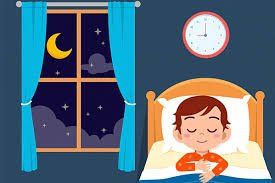We spend about a third of our lives asleep. Sleep is essential - It is as important to our bodies as eating, drinking and breathing, and is vital for maintaining good mental and physical health. Sleeping helps us to recover from mental as well as physical exertion.
Sleep and health are strongly related - poor sleep can increase the risk of having poor health, and poor health can make it harder to sleep. Sleep disturbances can be one of the first signs of distress. Common mental health problems like anxiety and depression can often underpin sleep problems.
We all know about the myth of telling people to get out of bed and pull themselves together, but lethargy, tiredness, and disturbed sleep can be part of having a mental health problem or a side effect of taking medication. Addressing sleep and sleep disorders as part of mental health treatment is very important, and can be overlooked.
Sleep is especially challenging in shift based work, and in safety-critical industries like the railway, so it’s even more important to make sure we get the right amount of good quality sleep.
We can all benefit from improving the quality of our sleep. For many of us, it may simply be a case of making small lifestyle or attitude adjustments in order to help us sleep better. Up to one third of the population may suffer from insomnia (lack of sleep or poor quality sleep) or other sleep problems. These can affect mood, energy and concentration levels, our relationships, and our ability to stay awake and function at work during the day.
Often basic techniques can improve your sleep. If they don’t work speak to your doctor about other treatments, especially as sleep problems can indicate other health issues.
If you keep having sleep problems, it’s possible there may be an underlying issue, which you should discuss with your GP. Treating sleep problems alongside mental health problems can help address both symptoms and causes, leading to quicker recovery.
There are four simple things to consider you to help HEAL a period of poor sleep:
Health
We know that poor health affects sleep and vice versa. Mental health problems like depression and anxiety often go hand in hand with sleep problems. It’s important to get any health concerns addressed both for helping physical symptoms and for addressing any worries that might keep you awake.
Environment
Where you sleep is important, and the bedroom and bed should be mainly places you associate with sleep. In particular watching TV, playing with phones or screens, or eating in bed can all affect the quality of our sleep. Temperature, noise levels and light all play a part in determining our sleep. If you find yourself experiencing poor sleep, try keeping a sleep diary to see if there are patterns which can help identify a problem.
Attitude
It’s easiest to get to sleep when we are able to relax, and let go of concerns. We’ve all had a night where we lie awake and worry. In the time before we go to bed, we should try and wind down, be less stimulated, and relax. These days this can be harder than ever, but relaxation techniques, a warm bath or mindfulness practice can all help. If you find you can’t get to sleep, it is always best to get up, perhaps make a warm milky drink, and then try again when you feel sleepier. It can be tempting to turn on the TV or phone screen but this may stimulate you and make it harder to nod off.
Lifestyle
What you eat and drink can affect your sleep. Stimulants like caffeine can make it harder to sleep, and a heavy or sugary meal close to bedtime can make sleep uncomfortable. Alcohol might seem to help you get to sleep, but it reduces the quality of sleep later. Taking exercise during the day is also a good way to aid sleep, but exercise releases adrenaline so exercising during the evening may be less helpful.
There is more really great information on How To Sleep Better here.


